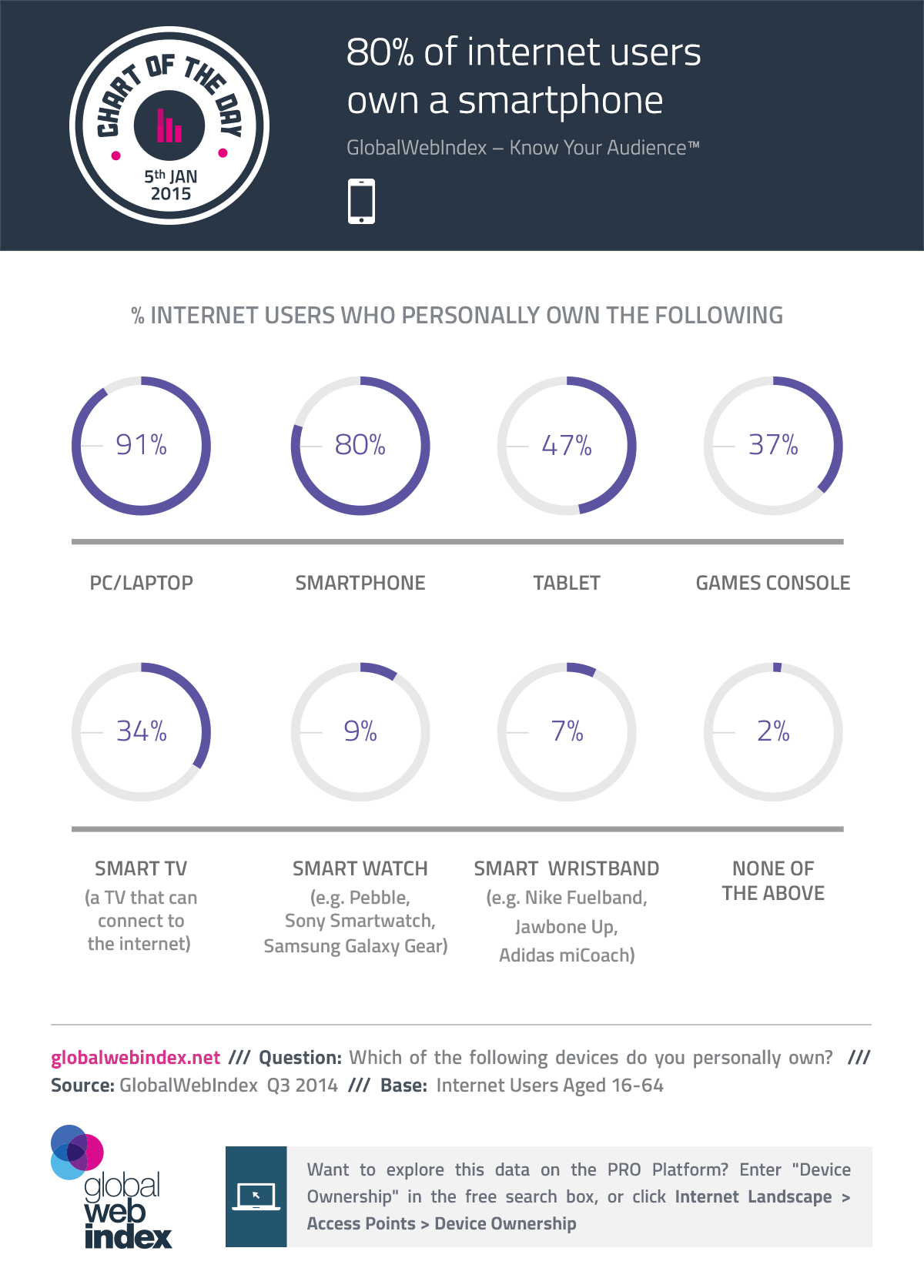
Australian businesses are in an era where there is widespread technological change. The era of mobile devices is rapidly expanding as more developments in the smartphone market unfold. Businesses such as Facebook and Google are striving to get the world connected to the web and to enhance the user experience to the online and mobile audience. Businesses and app developers in Melbourne are faced with a decision to make in regards to developing their mobile presence. Is it worth businesses investing in a mobile application or is it best for them to keep a mobile site? Or is it best to do both? We explain the differences between the two and the impact that it will have on businesses in the future.
What is the difference between a mobile site and a mobile application?
Mobile website
A mobile website refers to web pages and web designs that are responsive to display on mobile devices. The majority of websites are designed to display well on desktops and laptops. However, on mobile devices, the screen, scrolling and clicking commands may differ slightly to that of a web page rendered for the desktop. Mobile websites are designed specifically for mobile device interaction. This may see the display of the site improving fonts and designs to become customised for the mobile device.
The benefit is that it offers a better user experience for the person to interact with the information on the website. For e-commerce websites, it is essential that the user experience is ‘easy’ for the web user to navigate in order to secure conversions in the form of bookings, enquiries and sales.
It is important to remember that the mobile website is web based and can only be accessed via a mobile smart device via the web and with Internet connection. Search engines such as Google are placing a higher emphasis on websites that cater for the mobile device user. Earlier in 2015, Google released an update that many in the search industry dubbed ‘Mobilegeddon’. In a post from Search Engine Land, Bryson Meunier discussed the impact of the algorithm following the complete rollout in May 2015. Google also updated their former ‘Webmaster tools’ to become the “Google Search Console” to include the optimisation opportunity across mobile search devices.
Mobile applications
Mobile applications differ in that they are functional programs that run on the mobile device’s operating system. There are several different mobile devices available including:
Smart phones
Smart tablets
Smart watches
Gaming Consoles
A sample study shows the statistics of usage rates below.

Downloading the application requires an internet connection. However, depending on the type of application you download, you may be able to operate the application without access to the internet. It depends on the functional and information requirements that the mobile app requires.
The most popular operating systems are the OSX and Android platforms, which has developed a fast growing market for monetisation through the Apple App Store and Google Play. Furthermore, monetisation through display advertising has allowed developers to generate a new revenue stream for their mobile application developments.
Previously, to get people to find the mobile application in organic search, people had to create a web page for the search engines to index. Google has now become smarter and developed “App Indexing for Developers”; which is enhancing the way app content is being integrated into the organic search results. The deep linking of apps has also become a ranking signal, according to Google Developers as they aim to make the content from apps more prominent in search.
This video released by Google’s Developers provides more insight into App indexing.
What does the future hold?
As the Australian mobile market continues to grow, there will be a migration towards the way people interact with digital information. The trend towards mobile is expected to continue and those businesses that realise and adapt to the technological changes early will be able to benefit from the changes in their consumers behaviour journey. The Australian mobile market is savvy and ready. Are you?

IntelligentHQ Your New Business Network.
IntelligentHQ is a Business network and an expert source for finance, capital markets and intelligence for thousands of global business professionals, startups, and companies.
We exist at the point of intersection between technology, social media, finance and innovation.
IntelligentHQ leverages innovation and scale of social digital technology, analytics, news and distribution to create an unparalleled, full digital medium and social business network spectrum.
IntelligentHQ is working hard, to become a trusted, and indispensable source of business news and analytics, within financial services and its associated supply chains and ecosystems.





























